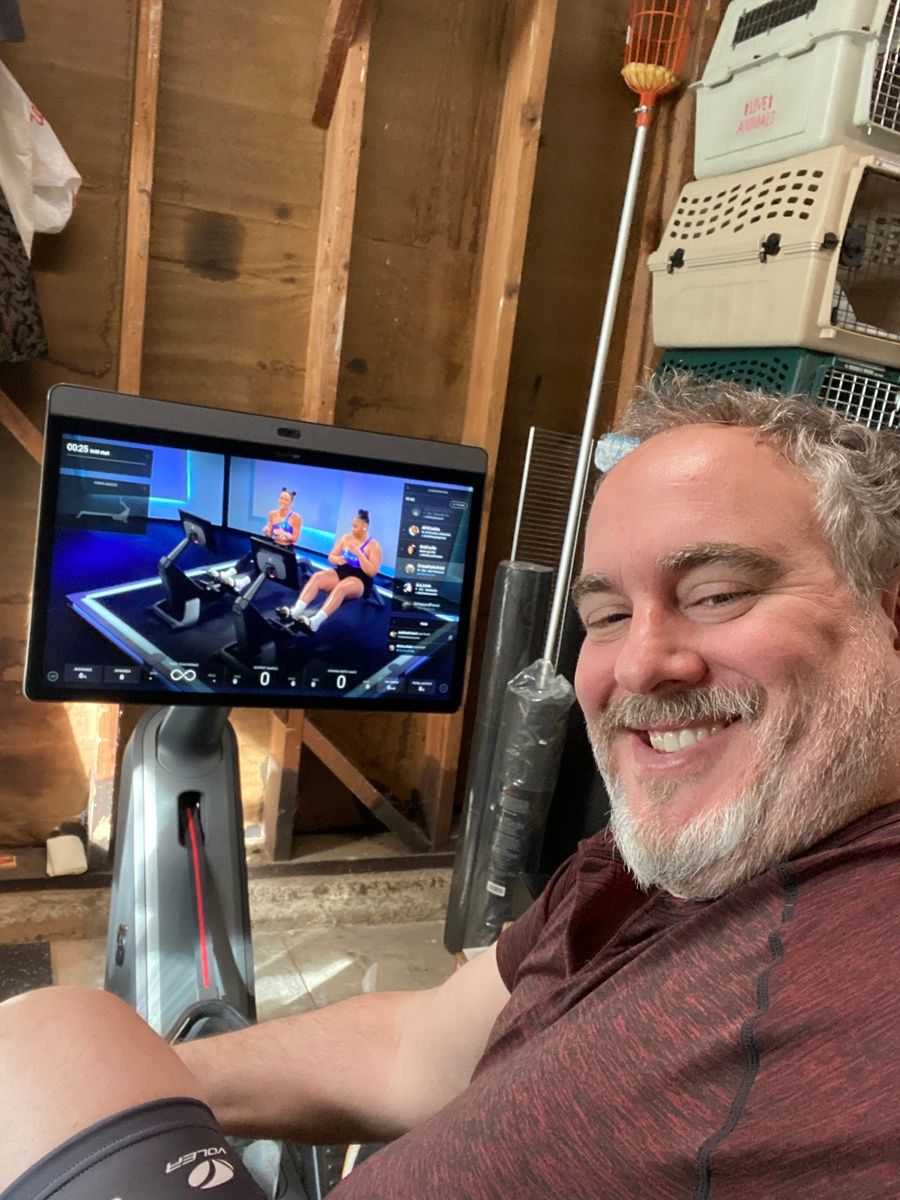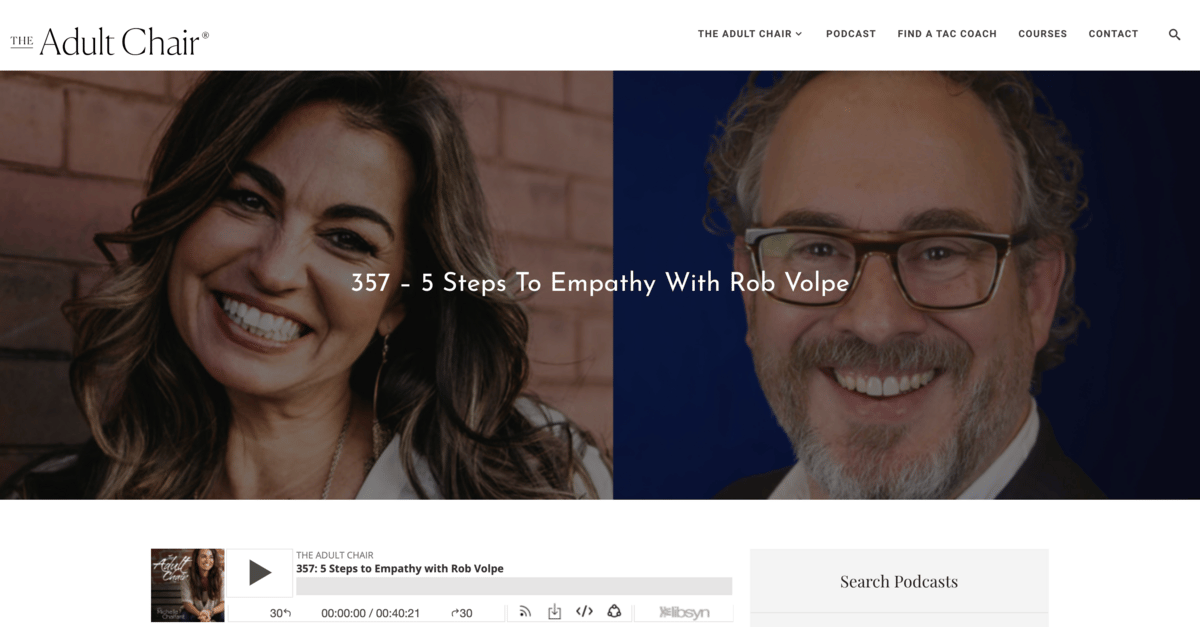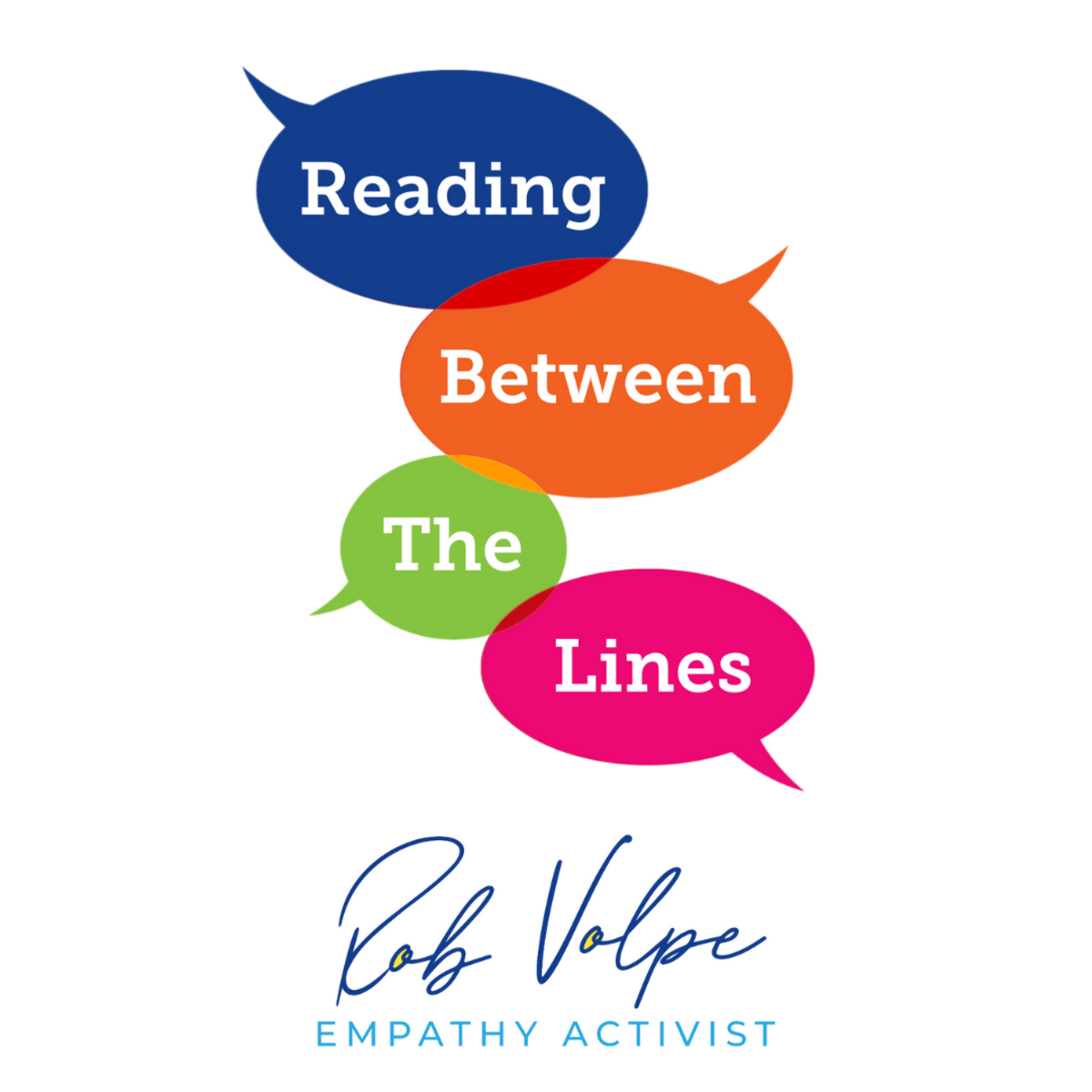Stress comes part and parcel with any role, no doubt about that.
I see it every day, from the eyes of local grocery clerks to the founders I meet at conferences around the world. And if the past 3 years have taught us anything, it’s that navigating worry over pandemic resurgences, political divides, and dismaying news cycles has a tremendous impact on our lives, both on and offline.
How can we fill others’ cups when our own find themselves to be at dangerously low levels? Simply put, we can’t, as science and data report on a near-daily basis. And if there’s any call we need to heed right now, it’s for self-empathy.
In the spirit of the new season, a spring cleaning might be on our to-do lists to spruce up our homes and welcome rejuvenation. But what if we added a little mental health check-in and reassessment too? The ripple effects of new practices to strengthen our minds and hearts extend far beyond ourselves and our loved ones. The impact has the potential to better connect and support our colleagues as we face the peaks and valleys of professional life together.
Recently, self-empathy appears to be most needed among folks in managerial roles. Per a survey conducted by Business Wire, nearly 40% of the C-suite say they will likely quit within the year because of work-related stress. In the very same study, ⅔ of employees would take a pay cut for a job that better supports their mental wellness—and 70% of managers would, too.
If this data is telling us anything, it’s that our mental health (at all levels and for all human beings) must come first. For myself, I’ve found the saying “it’s lonely at the top” to be true, as the decisions and stressors faced at that level are often ones that can’t be shared with too many others in the company. While it’s a privilege to lead, you often bear the brunt of organizational pressures to shield teams from unneeded worry and stress that can impact their ability to do their jobs, which then affects the company’s productivity.
It’s the reality of the job at that level. It can take a toll on your mental health and, if I’m being honest, contributed to my own “mid-life crisis” which I experienced starting in 2012, about 18 months after launching Ignite 360. I remember vividly when it first set in at a client dinner during a project. (We were in Charlotte, NC, which, ironically or not, is where I am today to present at the QRCA annual conference as I write this.) Suddenly, I felt my energy go from being a static presence to rapidly spinning inside me like a vortex. I didn’t understand what was going on except that it was leaving me very unsettled.
Over the course of a few weeks, no matter how much exercise, sitting still, or sleeping I did, I couldn’t get the spinning sensation to stop. Fortunately, I had enough self-awareness and self-empathy with all the stressors I’d been under in those opening months of the company to recognize something was not right and that I needed help before it jeopardized other aspects of my life, as many mid-life crises can do. I reached out to some friends and got connected to healers, both mental and spiritual.
As someone who strives to be a rock for others, that point in time was a scary one. I feel so fortunate to have a wonderful group of friends, who pointed me in the direction of therapists and healers that helped the spinning to cease.
I still meet with my therapist twice a month, practice yoga every Monday morning, and visit my energy healer for grounding and centering once a month.
For professional support, I’ve found that seeking out other CEOs facing similar challenges has put my mind at ease in knowing that I’m not alone. A shout-out to the Insights Association and their CEO Summit as an invaluable resource. With 8 billion people on the planet, it’s a certainty that someone else has walked a path similar to yours in the past and can help you work through your own challenges that may seem unsolvable.
Today, if you were looking for a sign, I hope that you’ll let this be it: Many of us share the same anxieties. If you feel in need of support, know that help isn’t far away. (988 is the US national crisis line for anyone in emotional distress or suicidal crisis.)
Leaving your job may be the right answer for you and that’s okay. But don’t quit on yourself. You’ve made it through periods when quitting might’ve seemed like the only solution—but you never gave up on yourself, and I am so glad you didn’t. We indeed are in this together and will continue to be there for each other.
Practicing self-empathy and seeking support are a few of the most radically courageous acts we can do for ourselves, our communities, and our world.
If you’ve implemented a new wellness practice into your life (or plan to do so!), I’d be grateful if you replied to this email to share it with me!
What’s helped you to decompress from stress recently?
There’s no one-size-fits-all approach to relaxation after a hectic day. From vigorous exercise to quiet candle-lit reading time, we all handle the art of the unwind differently.
No matter what your practice is, recent data tells us that it’s important to stick to it. According to an Indeed career survey, the benefits of true downtime extend far beyond ourselves—and just might serve as productivity hacks at work. Our self-care methods often welcome improved mental and physical health, better decision-making, and stronger communication skills to better support our personal and professional lives.
As for my own decompression tactics recently, I’ve been enjoying a new Peloton rower to get my heart rate up after busy, call-filled days working from home.
And to keep up with the “balance” equation of things, baking has always been a hobby of mine, and I made an incredible pavlova with meringue, whipped cream, and fresh berries recently. It was just perfect and certainly took the edge off of a travel-filled few weeks. Also on the dessert front, my husband Charles and I have enjoyed ice cream dates to Salt & Straw, and the olive oil flavor topped with fresh sea salt was a standout—don’t knock it until you try it!
Let me know your favorite out-of-hours unwinding methods. I’d love to implement a few more into my routine, and it would be great to crowdsource a few new ideas for an upcoming newsletter!



Food for Thought:
You need to be where you are happy.
In Ignite 360’s ongoing Navigating to a New Normal study, we polled respondents for tactics on making it through (and even acing!) the uncertain.
As we near the end of Q1, you might identify with what they shared, and it may also resonate with your employees, customers, clients, and/or consumers.
#1. The more flexible you can be, the better.
Change is the undeniable name of the game in today’s world. From banking crises to rent spikes to recurring resignation waves, it’s enough to make even the strongest among us dizzied and dismayed. But when we accept the inevitability of change as an essential part of our lives, we learn to manage it better and use it to work in our favor. Really, we are all facing similar fears and frustrations, and when we face them together, the weight lessens. Key phrase? Roll with the punches!
#2: Resilience has its limits.
Many people are recognizing that they need to prioritize themselves and their needs over the needs of their workplaces. Part of this is fueling the push for leaders at all levels in organizations to be more empathetic with their employees.
#3: “You need to be where you are happy.”
Whether it’s a change in geography, role, or relationship, more people than ever before are putting their needs first—and are unafraid to do so. About 50.5 million people quit their jobs in 2022, beating the prior record set in 2021, according to the federal JOLTS report. If this data is telling us anything, it’s that we have the power to change our lives, and are doing so more freely than ever before.
Gone are the days when we sat idly by, accepting the cards life handed to us. Change is truly in our own hands, and the data trending confirms just that.
Rob takes a seat with Michelle Chalfant on The Adult Chair podcast!

This isn’t just in our heads…
We just want to be seen, heard, and know that we are enough.
Studies show that empathy has declined 40% since 1979, and today, one-third of people say they can’t easily see the point of view of someone else.
In times of tension, anxiety, and unrest, the skill of empathy can help us learn how to listen, hear, and respect each other again.
Michelle Chalfant, it was such a pleasure to join you on The Adult Chair podcast to discuss…
→ What empathy actually is.
→ The difference between emotional empathy and cognitive empathy.
→ What to do if you have a partner who doesn’t have a lot of empathy.
→ The difference between empathy and agreement.
→ …and much more!
Reading Between the Lines is a newsletter designed to deliver of-the-moment insights into human behavior and empathy, drawn from the world of marketing research; practical and tactical tips on using the skill of empathy in everyday life; and exclusive updates to keep my community close on a biweekly basis.
I hope you enjoyed this issue. If you know of others that would be interested, I’d appreciate you forwarding this email to them—or inviting them to sign up at the button below. Thank you!
– Rob
